Queen of the Fall is the name of a variety of apple, but Queen of the Fall (subtitled “A Memoir of Girls and Goddesses”) is also the title of a book — a collection of autobiographical essays by Sonja Livingston (assistant professor in the MFA program at the University of Memphis) and part of a series of books, called “American Lives,” published by the University of Nebraska Press.
[jump]
What does the body “want”? What does the heart “know”? And what is individual memory as opposed to the world of facts? Facts as opposed to the truth?
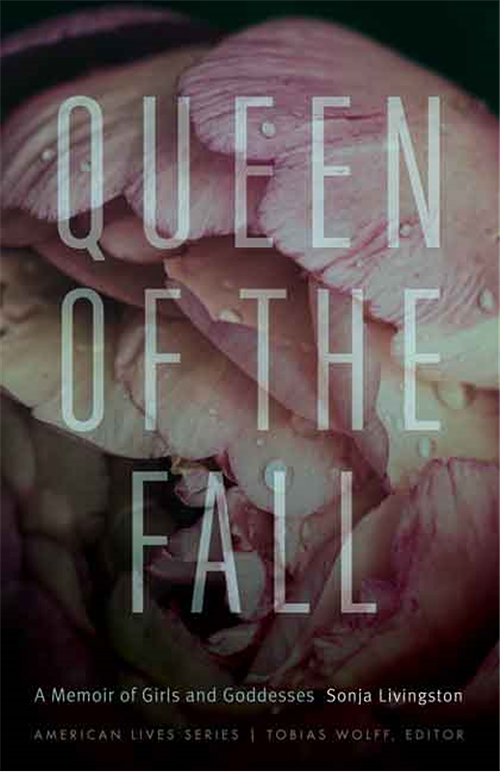
Those are among the fundamental questions Livingston considers in the 21 essays that make up Queen of the Fall, and it’s good to recall — Livingston does — that the word “essay” comes from the French essayer: to attempt, to try. Essayist and writing teacher Judith Kitchen reminded Livingston of that fact when she opened Livingston’s eyes to the essay form. Not the “forced compositions of school days,” according to Livingston. More like a new world opening … “this form that made an art of an attempt — for what is life but a series of efforts?”
Efforts to be a good girl — a good Catholic girl — at school and at home. (Livingston grew up in western New York state, one of seven siblings, her mother struggling to make ends meet.) Efforts to have a child. (Livingston describes those frustrating attempts to “bear fruit” in the middle section of Queen of the Fall.) And after a failed first marriage and after a career as a grade school counselor, efforts at a new life on a new road to becoming a writer.
Even as a child Livingston had been drawn to words. She’d been good at using them and good at responding to them: the repetitive sounds of a rosary’s Hail Mary’s, the fighting words of Susan B. Anthony, the enduring stories from classical myth and biblical narrative. But as she writes in her essay “Sybil,” when she was younger words seemed to be “choked and fleeting things.” Until, that is, Kitchen’s writing classes, which led Livingston eventually down South — to an MFA at the University of New Orleans, then to a teaching position at the University of Memphis.
And that’s where Queen of the Fall ends: in Memphis, in two closing essays, one set inside a laundromat, the other along the banks of the Mississippi, where we watch as the author follows a series of chalk messages left by one loving couple.
Those closing essays are preceded by one titled “The Lonely Hunters.” It’s an essay on heart and how to mend a broken one, inspired by the Bee Gees song but as sung by Al Green, “the saddest song,” Livingston writes, “ever sung.”
In that essay, Livingston traces the human heart back to ancient Egypt, where a goddess would weigh the heart of the deceased against the weight of a feather. She discusses Carson McCullers and her novel The Heart Is a Lonely Hunter. She questions the closing episode of Ally McBeal and its featuring of Al Green.
But perhaps the heart, broken or full, heavy with sadness or light as a feather, is not Livingston’s main topic throughout Queen of the Fall. The wandering “gypsy” heart is: “the thing that moves and changes even as we seek to know it, that which stalks and stalks but cannot be satisfied. Not fully. Not permanently. The part of us that continues to yearn” — and given the essayist’s art — “to try ….” •
Sonja Livingston will be discussing and signing Queen of the Fall at The Booksellers at Laurelwood on Wednesday, June 3rd, at 6:30 p.m.
 JB
JB 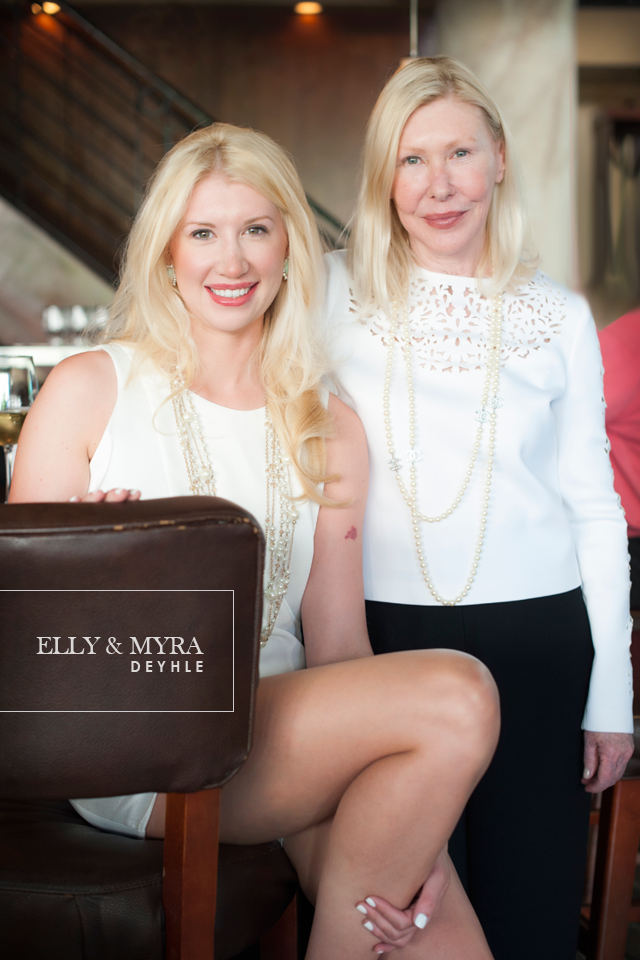
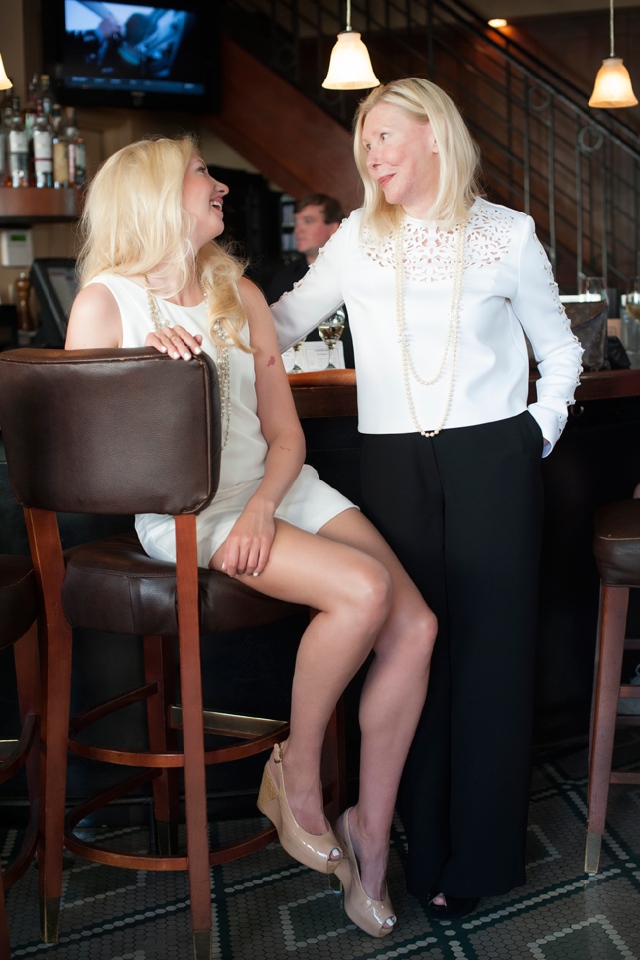

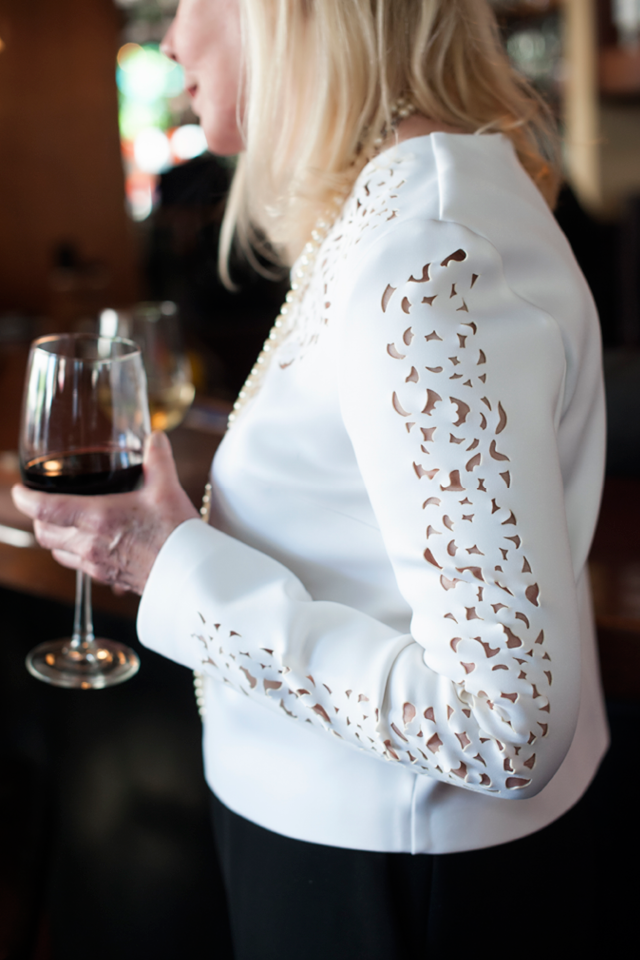
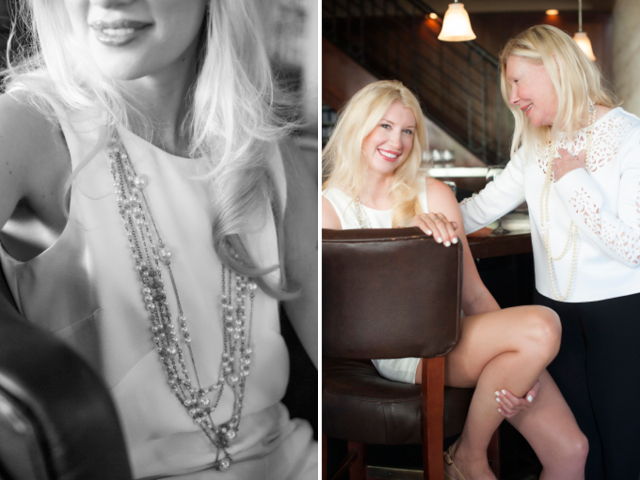
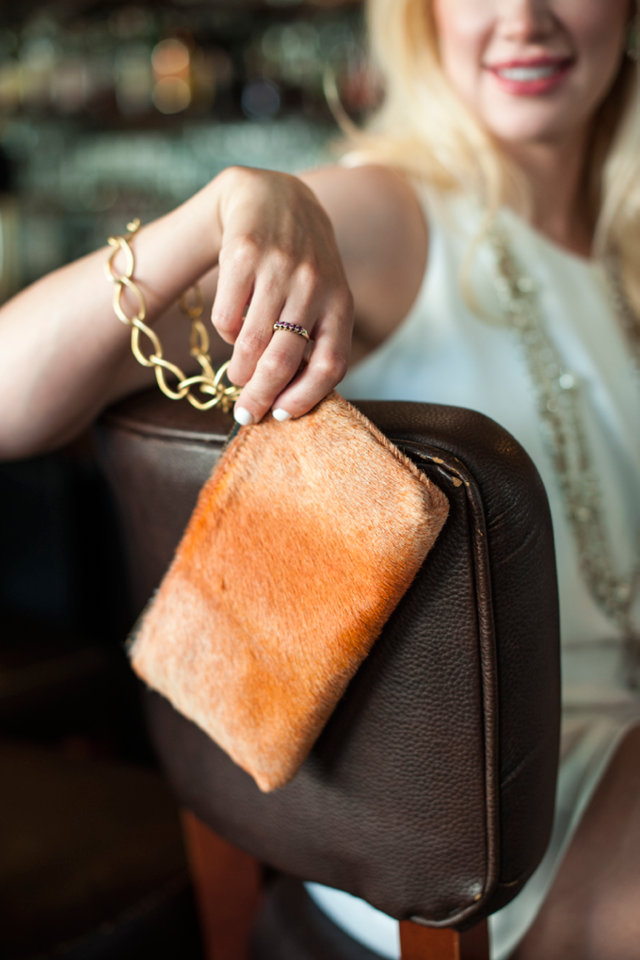
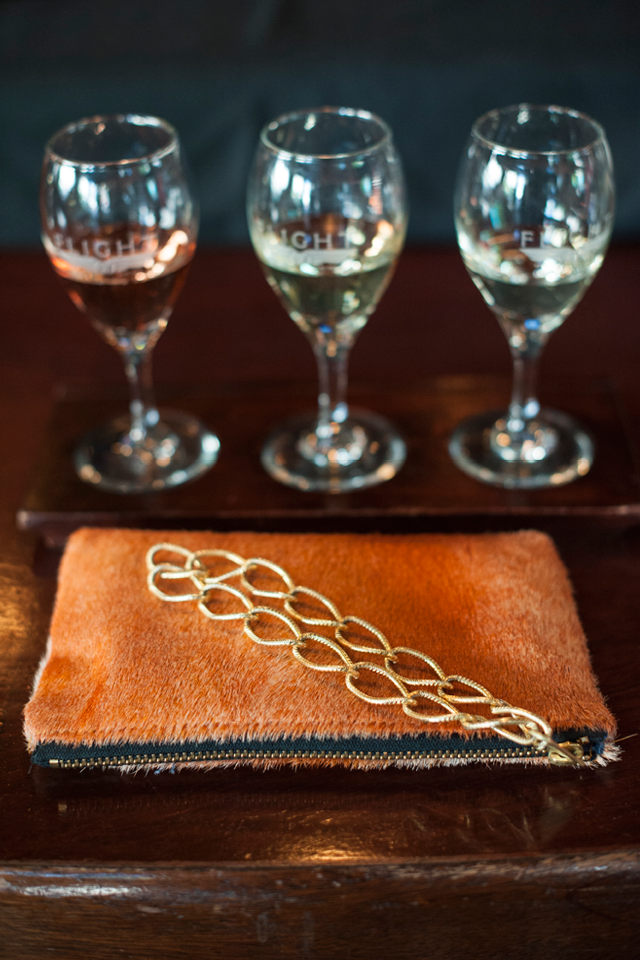

 Screen shot via WTVF, Nashville
Screen shot via WTVF, Nashville 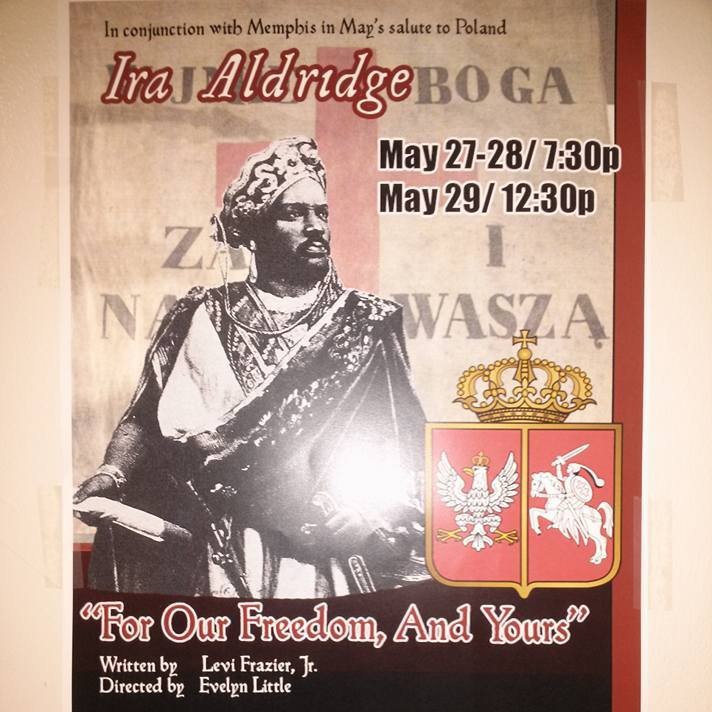
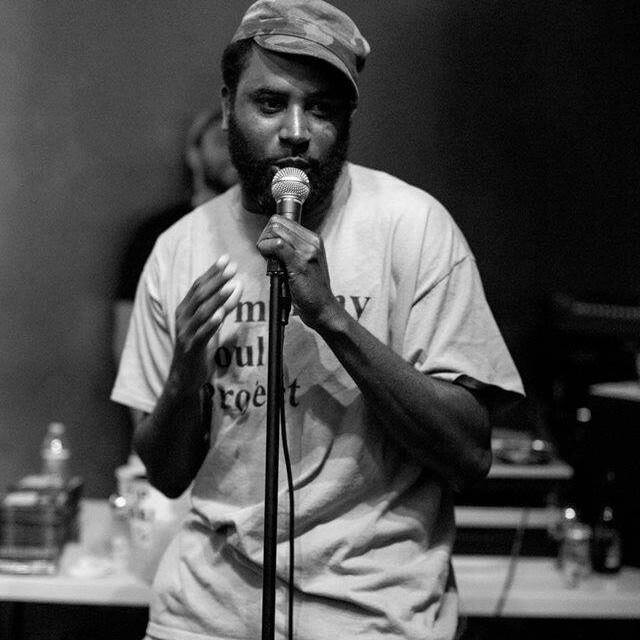
 Craig Brewer on the set of Footloose
Craig Brewer on the set of Footloose  Debra Winger and John Travolta in Urban Cowboy
Debra Winger and John Travolta in Urban Cowboy 